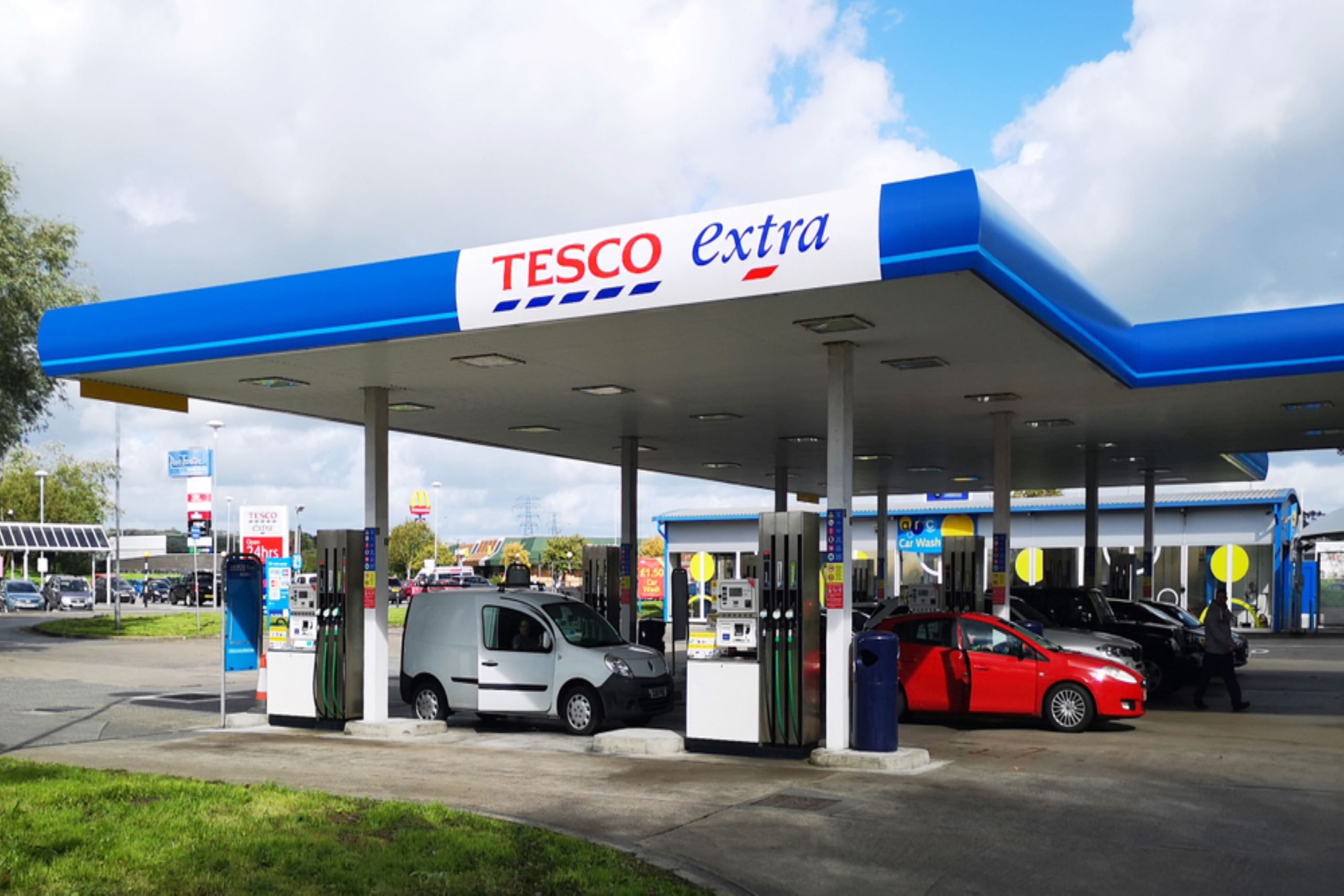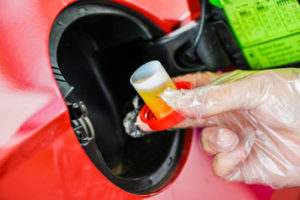Why is supermarket fuel cheaper than branded petrol?
Written by: Simon Pavey, Last updated:14th February 2022

Drive around any town or city in the UK and you’ll quickly notice fuel costs can vary widely. In particular, supermarket fuel is often notably cheaper than what’s offered by the big brands such as BP or Shell.
But why is this the case? And will buying supermarket fuel make a difference to how your car performs? Read on to find out.
Why are supermarkets selling fuel?
Supermarkets have been selling fuel since the 1970s, and have steadily grown their market share. Indeed, almost four in five UK homes now lie within three miles of a petrol station run by Tesco, Asda, Morrison’s or Sainsbury’s. This is according to the RAC Foundation.
However, most supermarkets’ main competitors aren’t the big fuel retailers, but each other. These brands aggressively cut their fuel prices to undercut their rivals and get customers through the doors and into the aisles.
After all, most people will drive to a supermarket to do their big weekly shop anyway, so it makes sense to offer a convenient extra incentive to opt for a certain brand over another. If price per litre is your main deciding factor in where to buy fuel, this can affect your decision on where to shop for groceries too.
How much cheaper is supermarket fuel?
There are a lot of factors that go into determining the price of fuel. Global oil prices, how far the petrol station is from the refinery and the level of competition in the area all contribute. Yet overall, supermarket service stations consistently offer cheaper fuel than the big oil brands.
On average, petrol prices on the supermarket forecourt are usually around 3p to 5p cheaper per litre than for branded fuel. Sometimes, however you could find petrol as much as 8p or even 10p cheaper than from the big oil companies.
This may be especially true when supermarkets are engaging in price wars with each other, or are offering extra discounts for customers who spend a certain amount in store.
Is supermarket fuel the same as branded fuel?
However, many people may be wary of the old adage of ‘you get what you pay for’ when it comes to fuel quality. So if you do buy supermarket petrol and diesel, are you getting the same product?
Fundamentally, the answer is yes. Supermarket fuel usually comes from the same refineries as the big brands, and will have the same basic chemical makeup. But it’s not quite that simple.
The likes of BP, Esso and Shell will usually add a wide range of special additives to their own fuels in order to improve efficiency and performance. Exactly what these additives contain are, of course, closely-guarded trade secrets. However, they often include things like detergents and lubricants to make the engine run smoother.
Jason Lloyd, managing director at PetrolPrices.com, explains: “Many supermarkets get fuel from the same refineries as the leading brands. But it’s a bit like budget airlines – they get you to the same place, but with main national carriers you also get more, such as in-flight food and entertainment.”
Will supermarket fuel affect my performance?
Much like the own-branded cornflakes or cola you’ll find on the shelves inside, supermarket fuel is seen as a cheap, cheerful alternative to branded products. But, also much like own-branded food, while some people won’t notice any difference in taste, others will insist the big brands are superior.
With fuel, unlike cornflakes, we can try to get a definite answer by measuring any difference in fuel economy and engine wear. Yet results from these tests are often inconclusive.
Some tests suggest premium fuel can improve economy by up to four or five miles per gallon. If you’re a fleet driver doing 10,000 miles or more per year, this will more than offset the extra cost at the pump. But this is not the case for more occasional drivers, while other tests have found the difference in economy to be negligible.
However, there may be other reasons to opt for branded fuel. If you’ve got a high-performance car, for instance, premium fuel with a high octane rating can be beneficial.
This fuel releases more energy when it ignites, so will be useful to make the most of a quality engine. But putting high octane petrol a standard compact car won’t suddenly turn into a hot hatch. Therefore, check your car’s user manual to see if you’d benefit from premium fuel.
Finally, it’s important to remember that whatever you decide, using supermarket fuel won’t be bad for your car. All fuel sold on UK forecourts has to adhere to minimum quality standards. This is to ensure they don’t damage your engine, and supermarkets are no exception.
If you do want to opt for branded fuel, there are ways to get this cheaper. Some credit cards, for instance, offer cashback when used at certain brands’ filling stations. Alternatively, fleet managers can take advantage of fuel cards to save money on branded fuel.
We offer a wide range of fuel cards from all the UK’s biggest brands, including Esso, Texaco, BP and Shell. What’s more, some cards can also be used on supermarket forecourts. Check out our selection today to find one that’s right for you.
back





